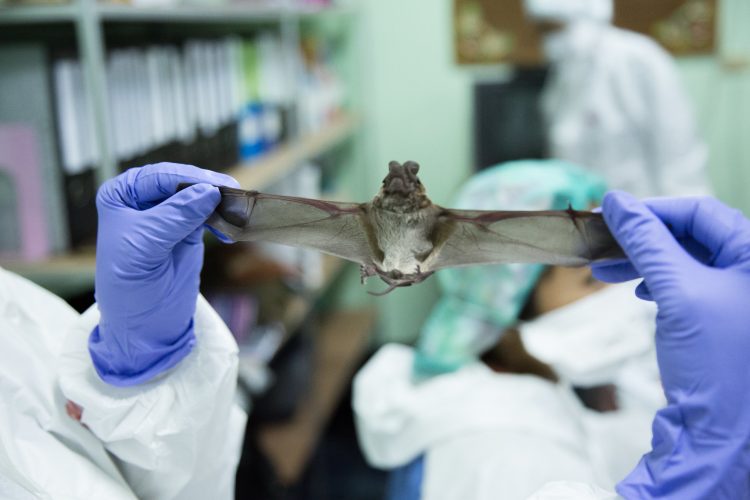
USAID DEEP VZN scientists hope to collect over 800,000 samples in the five years of the project, most of which will come from wildlife.USAID/Flickr
To better identify and prevent future pandemics, the University of Washington has become a partner in a five-year global, collaborative agreement with the U.S. Agency for International Development. The newly launched Discovery & Exploration of Emerging Pathogens – Viral Zoonoses, or DEEP VZN project, has approximately $125 million in anticipated funding and will be led by Washington State University.
The effort will build scientific capacity in partner countries to safely detect and characterize viruses which have the potential to spill over from wildlife and domestic animals to human populations.
“The DEEP VZN project provides an exciting chance to better understand why the world is experiencing more frequent and severe outbreaks of zoonotic infectious diseases transmitted between animals and people,” said Dr. Peter Rabinowitz, a co-principal investigator for USAID DEEP VZN and professor of environmental and occupational health sciences in the UW School of Public Health.
“This means gaining knowledge about new viruses that could cause problems in the future, and the ecosystem changes that appear to be driving the process of viruses jumping between species,” Rabinowitz added. “The hope is that this improved understanding will lead to prevention of future pandemics and more resilient ecosystems.”
Rabinowitz is also director of the UW Center for One Health Research and co-director of the UW Alliance for Pandemic Preparedness.








